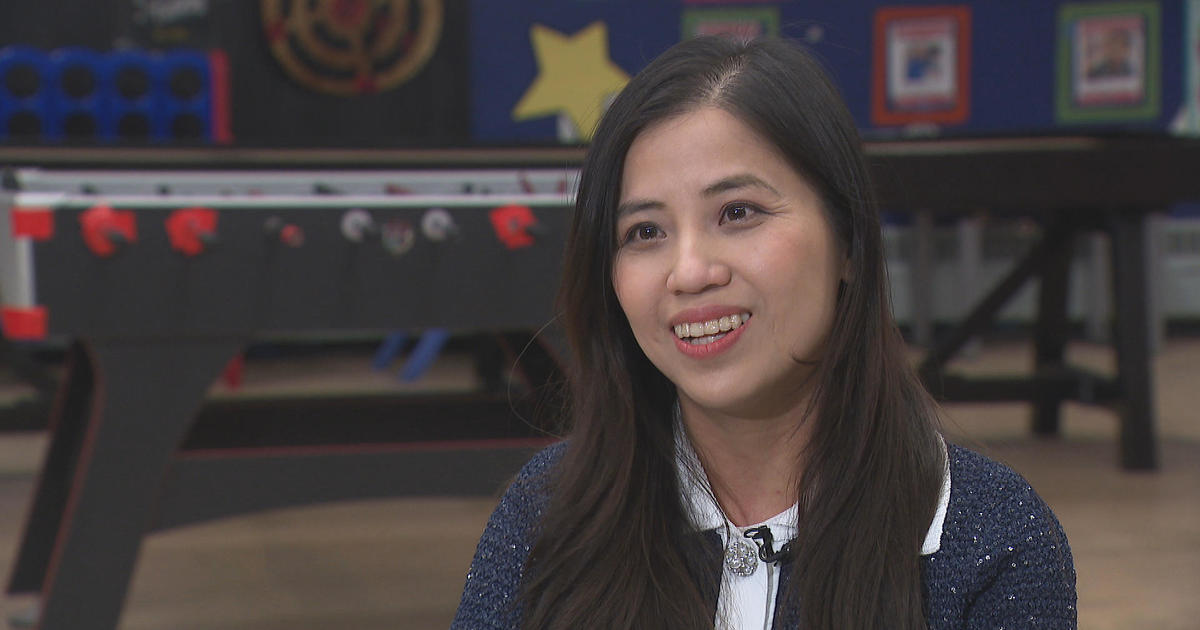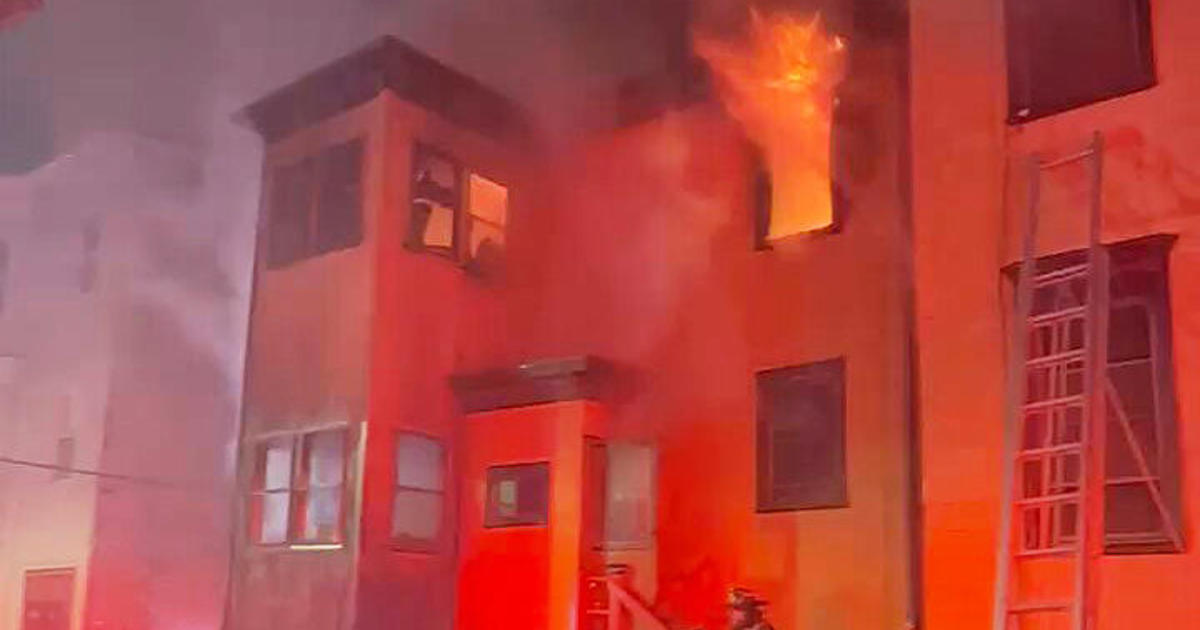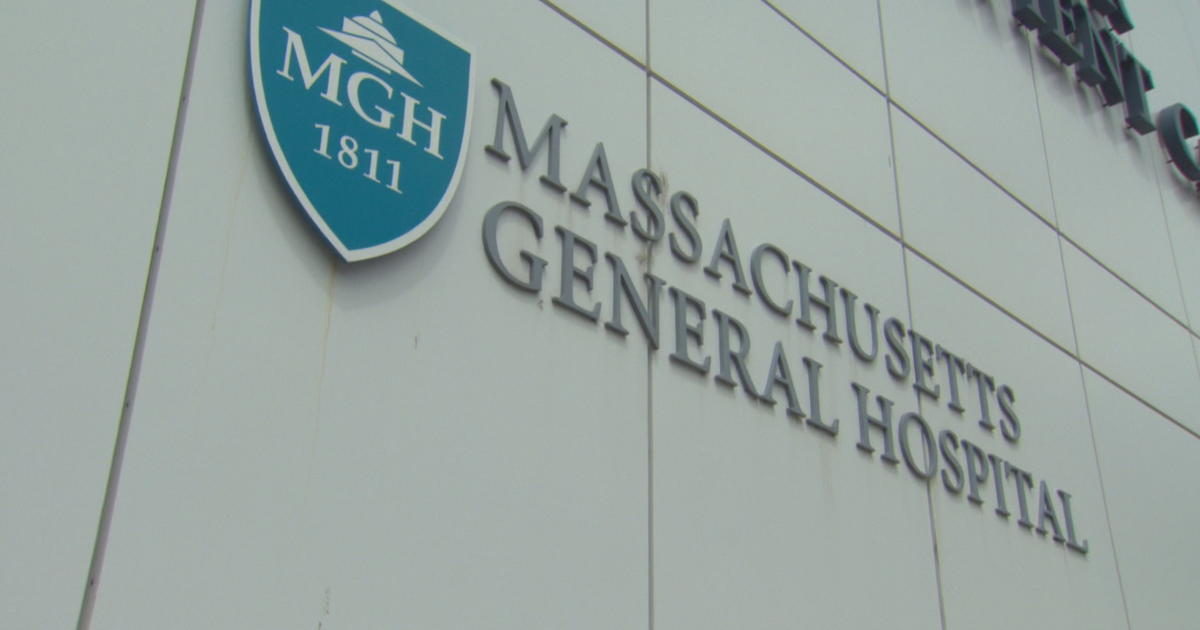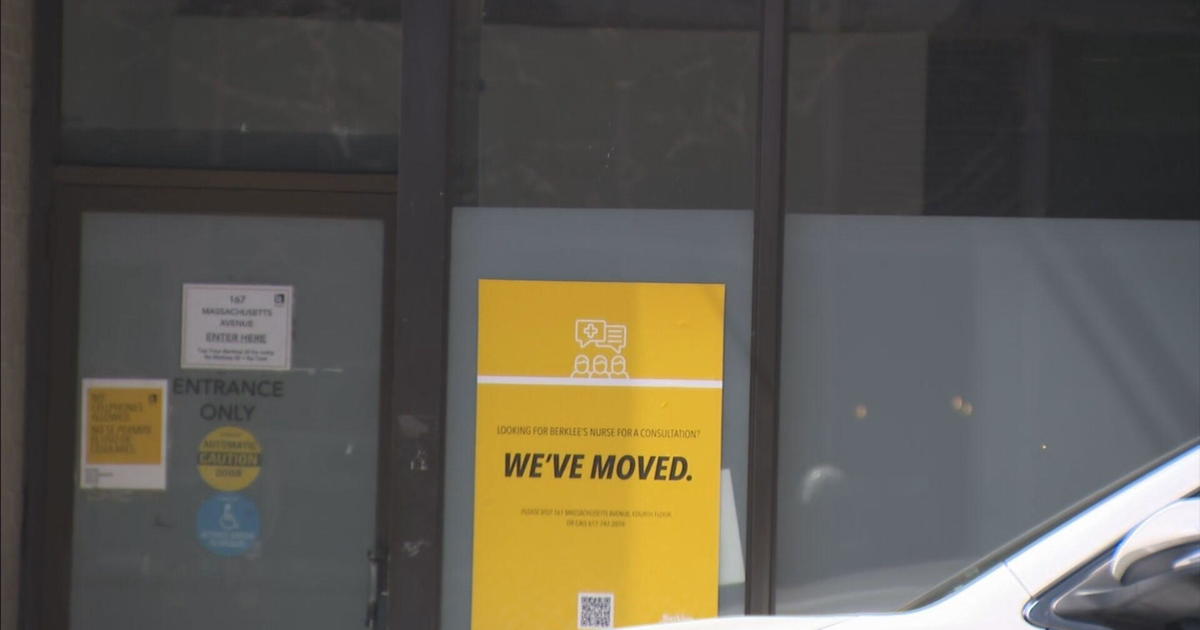Boston Hospitals Making House Calls To Lower Costs
BOSTON (CBS) – Dr. Robert Graham, on his way to a scheduled home visit, arrived just in time to help resuscitate a young patient with congenital dwarfism.
Her small chest cavity was constricting her lungs, sending her into cardiac arrest.
Graham, a Children's Hospital Boston pediatrician, performed chest compressions until EMTs arrived.
He then rode with the little girl in the ambulance.
It sounds like a story from 50 years ago, but local hospitals are resurrecting house calls as a way to improve health outcomes and lower costs.
In this case, the patient was part of a program launched two years ago at Children's to treat pediatric patients who are on ventilators.
It now includes 200 kids, including some who were born prematurely and some with muscular dystrophy or other progressive diseases.
"People are under the impression that these kids are in institutions but they are your next-door neighbors," Graham said.
If hospitalized, these patients cost much more than an average kid's inpatient stay.
They must be treated in the ICU at $2,000 to $3,000 per day, their stays tend to be longer, and they may be at higher risk for developing infections while in the hospital.
Treating the kids at home, Children's estimates, has saved insurers more than $1 million in avoided ICU stays over the past two years.
But the program runs in the red, Graham said, with Children's losing about $250,000 per year.
"The reimbursements are just too low in a fee-for-service model," Graham said.
"These are long, involved visits; they aren't 15 minutes long."
This summer the program received a $1.6 million internal grant to expand the program, adding a nurse practitioner, a social worker and a second part-time doctor.
The grant will also fund an outcomes assessment.
Graham hopes that with data on the program's benefits in hand, the hospital will be able to negotiate with insurers for an alternative payment system for this group of patients, such as global payments, that would reimburse Children's better for keeping them healthy.
An early shift to global payments, whereby a lump reimbursement is attached to a patient or condition, rather than to each procedure, has freed up Mount Auburn Hospital to pursue programs like house calls, while remaining in the black, CEO Jeanette Clough said.
"We can achieve the best care and the best savings if we have the right care, performed by the right providers, in the right setting," Clough said, and sometimes that setting is at home.
The hospital has between 50 and 100 homebound Medicare patients who currently receive in home visits in an effort to reduce hospitalizations.
The program includes two attending physicians and also rotating fellows in training, a feature Clough says is important to the future success of such programs.
"While nurses often do home care rotations as part of their training, doctors rarely do," Clough said.
The hospital is now working to expand the program to a larger population, by working with a few primary care physicians' practices to identify high-risk patients who need in-home help managing chronic conditions and multiple medications to stay out of the hospital.
In addition, Mount Auburn is a finalist for the Medicare Accountable Care Organization pilot program.
Lisa van der Pool of the Boston Business Journal reports
An ACO, as defined by the Centers for Medicare and Medicaid Services, is "an organization of health care providers that agrees to be accountable for the quality, cost, and overall care of Medicare beneficiaries who are enrolled in the traditional fee-for-service program who are assigned to it."
If Mount Auburn is chosen, Clough expects the ACO pilot will increase its use of home care as a tool in reining in costs and improving quality.



